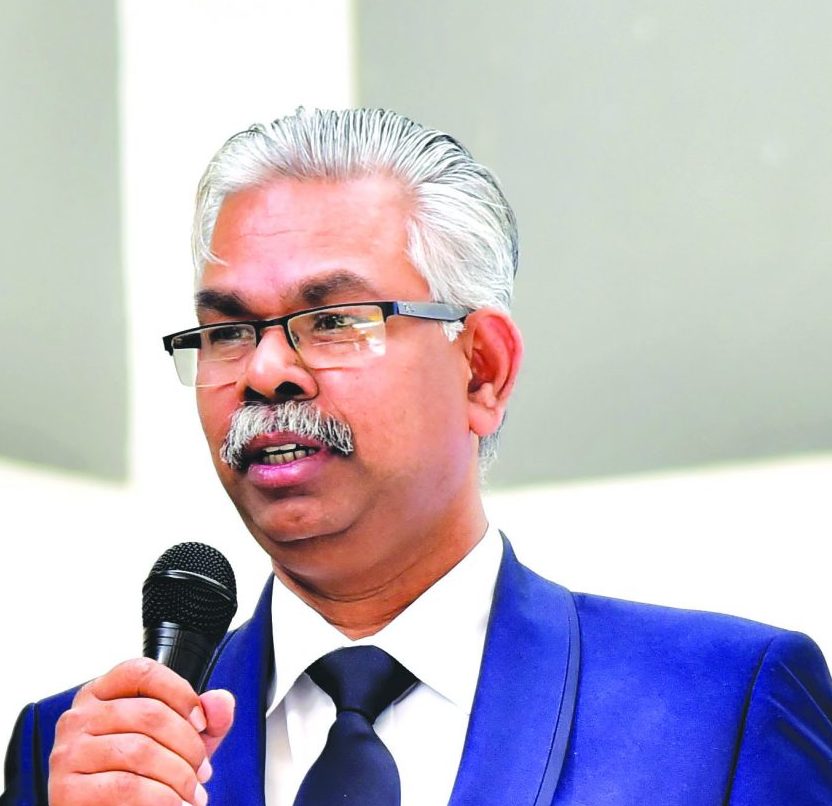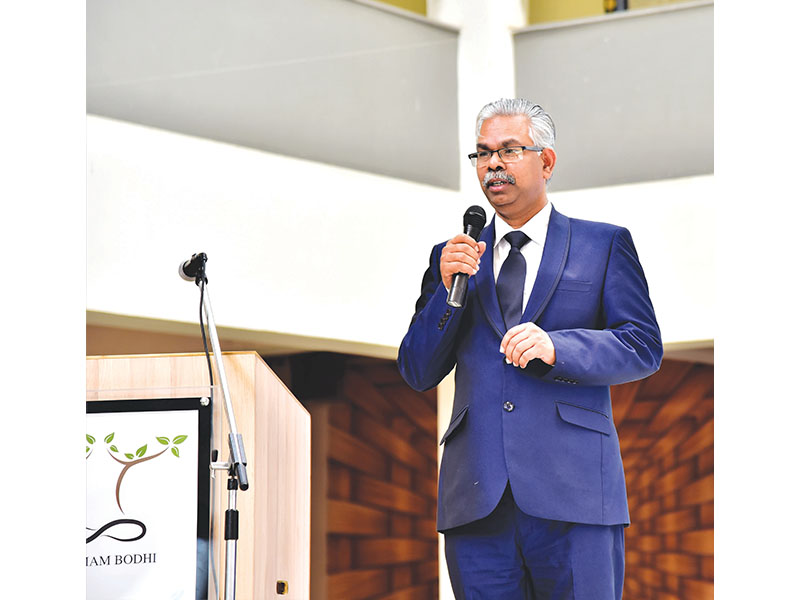Preparing students for the new AI age

Venunadhan Pillai
Indifference to the dawn of the AI age is a disservice to children. It is incumbent upon school managements to ensure learners are equipped with skill sets to navitage the new AI-powered world
As rapid growth in Artificial Intelligence (AI) continues to reshape industries worldwide, it’s also transforming education. The dramatic emergence of three distinct categories of AI — Artificial Narrow Intelligence (ANI), Artificial General Intelligence (AGI), and Artificial Super Intelligence (ASI) — is set to make a significant impact on the future of school curricula and the way students prepare for careers.
A noteworthy example of this transformation is underway in Kerala, where 80,000 school teachers are set to receive training to utilise AI in their classrooms. This initiative is expected to revolutionise the education scenario in the state, and emerge as a model for states countrywide.
Goal-oriented Artificial Narrow Intelligence (ANI) powers much of the technology we interact with daily — Google Assistant, Alexa, Siri, and Google Translate. However while highly proficient in specific tasks, ANI has limited scope. It requires school managements to train students to manage such software. In several countries, schools are already integrating ANI-powered teaching assistants and personalised learning platforms to enhance the educational experience of students. Tools such as Alexa for Education and Google’s AI-powered grading systems are discharging routine tasks such as providing information and personalised learning paths in classrooms, allowing teachers to provide individual attention to every learner. A government school in Kerala has recently introduced Alexa in the classroom for minor instructional purposes. Iris, India’s first AI-generated saree-clad school teacher robot, has also been unveiled in a school in the state. Some private sector schools in other states also have robot assistants for teachers.
The next level Artificial General Intelligence (AGI) is where the true revolution in education is imminent. AGI utilises the power of computers to plan, reason, assimilate abstract ideas and provide alternative solutions. AGI integrates human cognitive capabilities in software, enabling AGI powered programs to find solutions to unfamiliar tasks such as data analysis. Once we reach the AGI stage, education will need to shift towards cultivating the critical thinking, creativity, and adaptability of students, as these skills will become essential for them to utilise AGI-powered programs. A prominent example of AGI is Sophia, an advanced human-like robot which can recognize faces, maintain eye contact, engage in conversation, use facial expressions, gestures and speech to communicate.
Artificial Super Intelligence (ASI) is at the pinnacle of AI development, when computers are invested with intellectual capacity greater than of average human beings. Integrating ASI in healthcare, finance, and communication industries will drastically alter the jobs market. Schools must prepare students with learning that complements and harnesses the capabilities of ASI — data analysis, AI programming, and ethical AI development are good examples. Many contemporary tech visionaries including Elon Musk, Frank Wilczek, and the late Stephen Hawking, have expressed misgivings about ASI. Hawking and Wilczek have argued that the short-term impact of ASI depends on who controls it, while the long-term impact depends on whether it can be controlled at all.
Indifference to the dawn of the AI age is a disservice to children. They have to be trained to adapt to new AI-driven technologies and programs. It is incumbent upon educationists, school managements and teachers to re-evaluate curricula to ensure learners are equipped with skillsets to navigate the new AI-powered world. This necessitates upgradation of STEAM (science, technology, engineering, arts and mathematics) curricula and integration of AI-related coursework and hands-on experiences into K-12 syllabuses.
The impact of AI on education won’t be limited to classrooms. AI powered systems will also reshape schools’ administration and operations. AI-driven programs can assist with tasks such as scheduling, resource management, and student admissions. This will free up and allow educators to focus on core teaching-learning.
However, integration of AI into education has its challenges. Data privacy, algorithmic bias, and the possible displacement of teachers are important issues that need to be addressed. As we embrace the transformative potential of AI in education, we must also be mindful of its ethical implications. Rigorous governance frameworks and robust teacher training programmes are critical to ensure that the benefits of AI are realised while risks are eliminated.
Nevertheless despite challenges, there’s an emerging consensus that the education sector needs to rapidly adapt to the changing technology landscape. Schools that proactively embrace AI to equip their students with future-ready skills will thrive in the decades to come. For this, the development of learner agency is not just important; it is crucial. As the future is unpredictable, children should have greater voice, choice, and ownership of their learning while being encouraged to unlearn, relearn, and new-learn. The dawn of the new AI age should drive policy formulators and educators to action.
(Dr. Venunadhan B. Pillai is a Kollam-based education consultant to IB and Cambridge-affiliated schools)
Also read: How Artificial Intelligence and ChatGPT are transforming education
















Add comment